Thank you for downloading this Simon & Schuster ebook.
Get a FREE ebook when you join our mailing list. Plus, get updates on new releases, deals, recommended reads, and more from Simon & Schuster. Click below to sign up and see terms and conditions.
CLICK HERE TO SIGN UP
Already a subscriber? Provide your email again so we can register this ebook and send you more of what you like to read. You will continue to receive exclusive offers in your inbox.
We hope you enjoyed reading this Simon & Schuster ebook.
Get a FREE ebook when you join our mailing list. Plus, get updates on new releases, deals, recommended reads, and more from Simon & Schuster. Click below to sign up and see terms and conditions.
CLICK HERE TO SIGN UP
Already a subscriber? Provide your email again so we can register this ebook and send you more of what you like to read. You will continue to receive exclusive offers in your inbox.
ALSO BY PAOLO COGNETTI
The Eight Mountains

An Imprint of Simon & Schuster, Inc.
1230 Avenue of the Americas
New York, NY 10020
www.SimonandSchuster.com
Copyright 2013 by CartArmata edizioni Srl
English language translation copyright 2019 by Erica Segre and Simon Carnell
Originally published in Italy in 2013 by Terre Di Mezzo Editore as Il ragazzo selvatico
This edition published in agreement with the Author through MalaTesta Literary Agency, Milano
Excerpt(s) from PERIODIC TABLE by Primo Levi, translated by Raymond Rosenthal, translation copyright 1984 by Schocken Books, a division of Random House, Inc.
Used by permission of Schocken Books, an imprint of the Knopf Doubleday Publishing Group, a division of Penguin Random House LLC. All rights reserved.
All rights reserved, including the right to reproduce this book or portions thereof in any form whatsoever. For information, address Atria Subsidiary Rights Department, 1230 Avenue of the Americas, New York, NY 10020.
First Atria Paperback edition July 2019
 and colophon are registered trademarks of Simon & Schuster, Inc.
and colophon are registered trademarks of Simon & Schuster, Inc.
For information about special discounts for bulk purchases, please contact Simon & Schuster Special Sales at 1-866-506-1949 or .
The Simon & Schuster Speakers Bureau can bring authors to your live event. For more information, or to book an event, contact the Simon & Schuster Speakers Bureau at 1-866-248-3049 or visit our website at www.simonspeakers.com.
Interior design by Jill Putorti
Cover design by Tyler Comrie
Cover paintings Justin Wozniak (front cover); Getty Images (back cover)
Author photograph Niko Giovanni Coniglio
Library of Congress Cataloging-in-Publication Data is available.
ISBN 978-1-5011-9671-3
ISBN 978-1-5011-9673-7 (ebook)
This book is for Gabriele and Remigio, my mountain guides.
And to the memory of Chris McCandless, guiding spirit.
I dwelt in the high day that lives
beyond the firs,
I walked in fields and on mountains
of light
Crossed dead lakesand a secret
song was whispered through
landlocked waves
I crossed white shores, calling
by name
somnolent gentians
I dreamt in the snow
an immense sunken city
of flowers
I dwelt on the mountains
like an upstanding flower
and looked at the rocks,
the other promontories
through the sea of winds
and sang to myself of a remote
summer, that with its bitter
rhododendrons
burnt in my blood
Antonia Pozzi, Snowfields
WINTER

Season of Sleep
In the City
A few years back I had a difficult winter. It hardly seems important now to recall the reason for my malaise. I was thirty years old and felt drained, disoriented, and disillusioned, as you do when a project in which you believed ends miserably. Imagining the future at that moment seemed as unlikely as setting out on a voyage when youre sick and its raining outside. I had tried hard, but what did I have to show for it? I was dividing my time between bookshops, hardware stores, the caf bar in front of my house, and my bed, contemplating through a window the white sky of Milan. Above all, I was not writing, which for me is like not sleeping or not eating. I was in a kind of void that Id never experienced before.
In those months, novels turned away from me, but I was attracted to stories of individuals who, rejecting the world, had sought solitude in the woods. I read Henry David Thoreaus Walden and The History of a Mountain by lise Reclus. I was particularly taken by the journey of Chris McCandless as told by Jon Krakauer in Into the Wild . Perhaps because McCandless was not a nineteenth-century philosopher but a young man of my own time, who at the age of twenty-two had left the city, his family, his studies, a brilliant future as defined by the norms of Western societyand had set off on a solitary journey that would end with death by starvation in Alaska. When the story came to public attention he was judged by many to have made an idealistic choice amounting to a flight from reality, if not altogether to a suicidal impulse. I felt as if I understood itand inwardly I admired it. Chris did not get the chance to write a book, perhaps he never even intended to do so, but he loved Thoreau and had adopted his manifesto:
I went to the woods because I wished to live deliberately, to front only the essential facts of life, and see if I could not learn what it had to teach, and not, when I came to die, discover that I had not lived. I did not wish to live what was not life, living is so dear; nor did I wish to practise resignation, unless it was quite necessary. I wanted to live deep and suck out all the marrow of life, to live so sturdily and Spartan-like as to put to rout all that was not life, to cut a broad swath and shave close, to drive life into a corner, and reduce it to its lowest terms, and, if it proved to be mean, why then to get the whole and genuine meanness of it, and publish its meanness to the world; or if it were sublime, to know it by experience, and be able to give a true account of it in my next excursion.
I had not been back to the mountains for ten years. Until I was twenty I had spent all my summers there. As a child of the city, raised in an apartment, having grown up in a neighborhood where it was not possible to go down into a courtyard or out onto the street, the mountains for me had represented an idea of absolute liberty. Brutally at first, and then very naturally, I had learned how to navigate up there just as other children learn to swim because an adult flung them into water: at eight or nine I had started to tread the glaciers and get my hands on rock, and I had soon found myself more at ease on mountain tracks than on the streets of Milan. For ten months of the year I felt constrained in stiff, good clothes, trapped within a system of authority and rules that had to be obeyed; in the mountains I divested myself of everything, and freed my true nature. It was a different kind of freedom than that of someone who is free to travel and meet people; or to spend a night drinking, singing, and courting women; or to seek out companions with whom to embark on some great adventure. These are all freedoms that I appreciate so much so that at twenty it seemed important to me to explore them for all they were worth. But at thirty I had almost forgotten what it was like to be alone in a forest, or to immerse myself in a river, or to run along the edge of a crest beyond which there is only sky. I had done these things, and they were my happiest memories. To me the young urban adult I had become seemed like the exact opposite of that wild boy, and hence the desire grew to go in search of him. It wasnt so much the need to leave as the desire to return; not to discover an unknown part of myself, but to recover an old and deep-seated one I felt that I had lost.
Next page
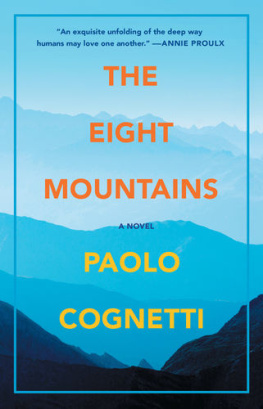
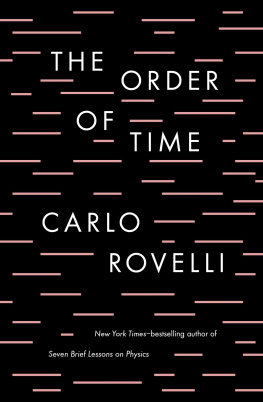
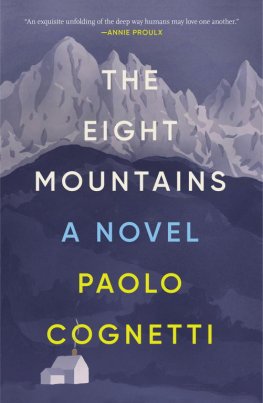

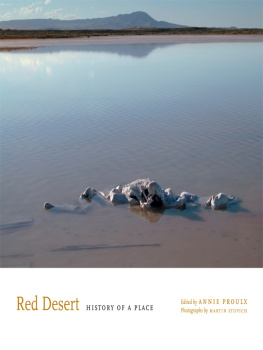
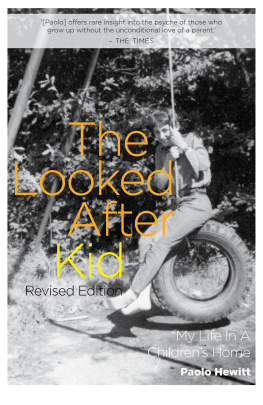
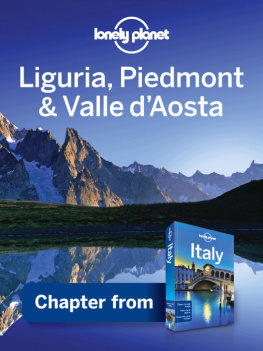

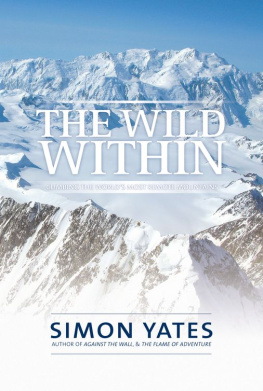
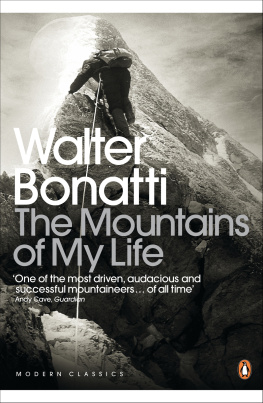
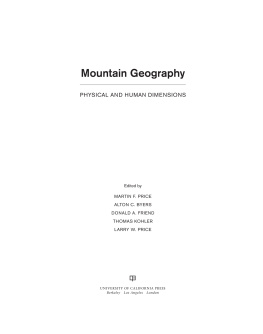
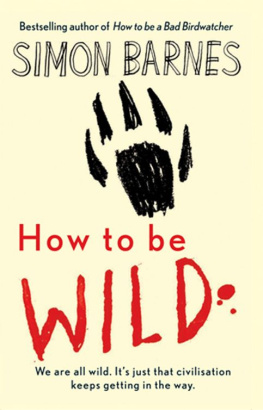
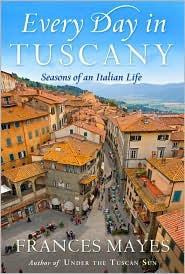


 and colophon are registered trademarks of Simon & Schuster, Inc.
and colophon are registered trademarks of Simon & Schuster, Inc.